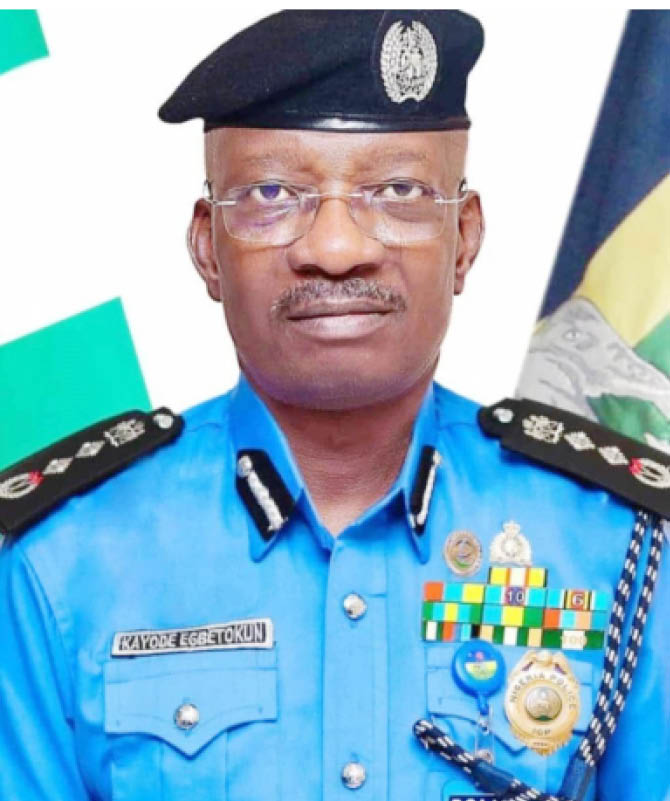[ad_1]
The brutal killing of the Rano DPO was heartbreaking, yet we must also confront the cruelty often inflicted by security forces on citizens. Both are wrong—barbarism from any side must end if we truly seek justice and peace.
This tragic mob attack on the Rano Police Division in Kano State, which claimed the life of a senior police officer and led to the destruction of government property, is not an isolated incident—it is a mirror reflecting Nigeria’s deeper crisis. Beneath the surface of this violent outburst lies a combustible mix of institutional decay, broken family systems, youth alienation, rampant corruption and unchecked extrajudicial killings that threaten the soul of the nation.
At the heart of the Rano tragedy was the death of Abdullahi Musa, a young motorcycle mechanic reportedly under the influence of drugs, who died in police custody. His death ignited a violent and spontaneous reaction. This is not the first time such rage has exploded. Nigeria has been here before.
SPONSOR AD
Such killings erode the rule of law and give the impression that Nigerian life is cheap and justice is selective. In many communities, people no longer trust the courts or police to deliver justice.
At the core of Nigeria’s unraveling is a governance failure of epic proportions. Public office is no longer viewed as a platform for service but as a gateway to personal enrichment.
This leadership vacuum is reinforced by weak and politicised institutions. Courts are compromised, law enforcement is underfunded and poorly trained and public administration lacks integrity.
But governance failure is only part of the picture. The social fabric of the nation is equally frayed. Across all classes—wealthy, middle, and poor—there is a glaring breakdown in family structure and moral upbringing.
This nationwide youth crisis, compounded by widespread drug abuse, is largely ignored or, worse, exploited by the political elite. Instead of addressing addiction and illiteracy, some politicians arm vulnerable youths and use them as pawns during elections.
Meanwhile, community-police relations have completely broken down. The police, seen by many as agents of oppression rather than protection, operate without transparency or accountability. Citizens, especially the youth, feel targeted, profiled, and brutalised.
Nigeria stands at a critical crossroads. To move forward, the country must pursue holistic reform—not only of systems but of values.
Justice and accountability must be the cornerstone of governance. Extrajudicial killings must end, and all security agencies must be retrained to uphold human rights and dignity.
Families must return to parenting, and society must invest in raising children with discipline, empathy, and purpose.
Traditional and religious leaders must be mobilised to rebuild trust and mediate conflicts in communities.
Ahmad Shuaibu Isa can be reached via [email protected]
Do you want to share a story with us? Do you want to advertise with us? Do you need publicity for a product, service, or event? Contact us on WhatsApp +2348183319097 Email: platformtimes@gmail.com
We are committed to impactful investigative journalism for human interest and social justice. Your donation will help us tell more stories. Kindly donate any amount HERE




